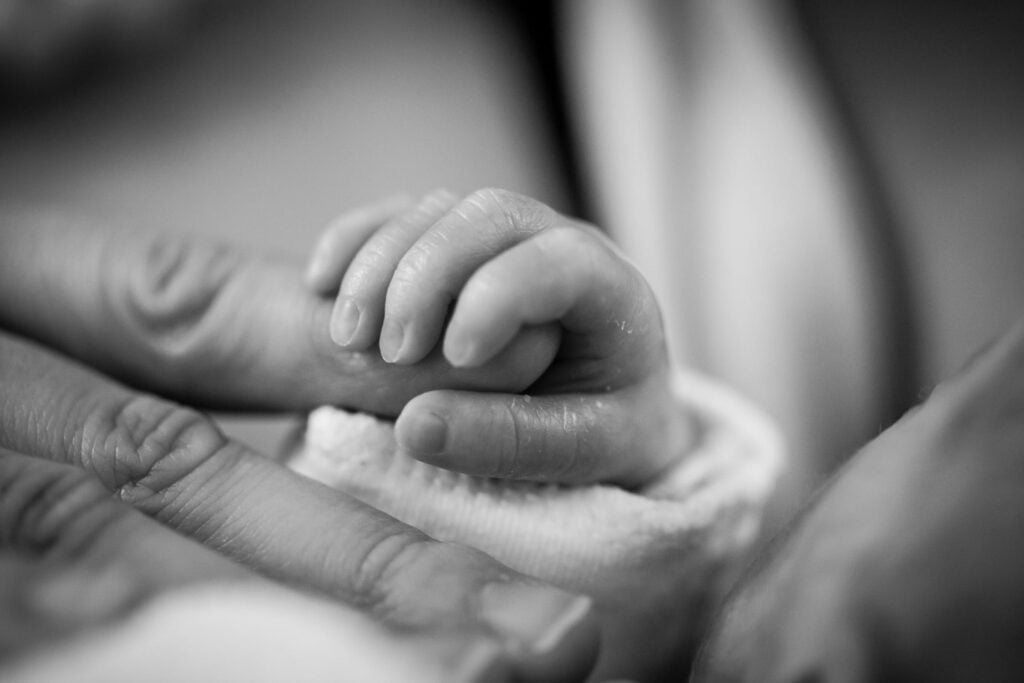Holding your baby after hours of excruciating labor pain is one of the most wondrous things in the world. However, the rigors of labor and delivery significantly affect a woman’s body, especially if it is a cesarean delivery. But you’re not alone.
Worldwide, C-section rates have risen from seven percent in 1991 to 21 percent as of 2021, reveals the World Health Organization. The numbers are believed to climb even higher by 2030.
Women who undergo a C-section to give birth to their babies need more time to recover than they would after a vaginal delivery. We understand that your baby’s needs are your priority, but you shouldn’t ignore your well-being.
Here are a few tips that will help you recover fast after a C-section so that you can spend more time bonding with your baby:
#1 Take Pain Medication
One of the biggest mistakes women make after a cesarean delivery is not taking pain medication. Taking care of your little one and feeding them will become difficult if you don’t take pain medication.
As cesarean delivery is major surgery, the pain won’t subside on its own. Moreover, pain will stop you from taking deep breaths or walking, which will increase your risk of chest infections and blood clots.
Therefore, ask your healthcare provider to suggest pain medication. Bear in mind that not all pain-relieving medicines available on the market are safe for breastfeeding mothers. If you intend to breastfeed your newborn, let your doctor know. That way, they will prescribe you medicines accordingly.
#2 Ask for Help
Newborns require around-the-clock hands-on care. As a new mother battling postpartum hemorrhage, baby blues, and other bodily changes, caring for a baby could be exhausting. Contrary to what people say, you don’t have to manage everything alone. More so, since you’re recovering yourself both physically and emotionally.
Lining up help in the early days of parenthood is the best thing you can do. Encourage your spouse to take an active role in baby care so that you can catch some z’s. If you have siblings, ask if they would be willing to help you with household chores or walk your dog.
But on days when help isn’t readily available, a baby nurse will help you get through the hectic weeks following your baby’s birth. Baby nurses are either laypersons or licensed nurses. However, we suggest you hire licensed nurses for your little one because they are educated and trained in newborn care and female anatomy.
We say so because these nurses help new moms care for their babies while advising them on breastfeeding. As most baby nurses work round-the-clock, you’ll have a helping hand with you both during daytime and nighttime.
Baby nurses are often registered nurses with an Associate Degree in Nursing (RN), Bachelor of Science in Nursing (BSN), or Master of Science in Nursing (MSN). Of course, hiring a nurse with a BSN degree is advisable. But your better bet will be to look for someone who has completed an RN to MSN nursing program.
The RN to MSN program focuses on professionalism, in-demand advanced clinical skills, and evidence-based practice for better patient outcomes, writes Wilkes University. That means they will be more competent in child care than those with just an RN or BSN degree.
#3 Avoid Strenuous Exercise
After a cesarean delivery, some amount of physical activity is important to prevent blood clots. Intense aerobic exercise or full planks, pushups, sit-ups, and crunches are a big no-no after a C-section. That’s because these exercises disrupt healing as they put excessive pressure on the abdominal muscles.
Ideally, you should wait for at least six weeks after a C-section to resume exercise. Many doctors advise women to wait for 12 weeks before starting high-impact exercises.
Within the first six weeks of C-section, we advise you to take brief walks to keep yourself fit. Going for a walk will also be beneficial for your mental health as it eases symptoms related to chronic mental health conditions like depression and anxiety.
#4 Focus on Good Nutrition
Good nutrition in postpartum days [mfn]https://www.whattoexpect.com/first-year/postpartum/postpartum-diet-nutrition-questions-answered/[/mfn] is as important as it was in the prenatal period, especially if you’re breastfeeding your little one. That’s because you are their primary source of nutrition.
Therefore, you should focus on eating a balanced diet in the first six to 12 weeks after delivering a baby. Eating healthy will not only fuel your body, but it will also prevent constipation— the most common C-section complication.
In the postpartum period, a nutrient-dense diet full of protein, healthy fats, fiber, and complex carbs is usually recommended. Such a diet accelerates the healing process, hydrates the body, and staves off bone loss.
Wrapping Up
A woman’s body typically takes around four to six weeks to recover fully after a C-section. However, there is no fixed timeline. As every woman is different, the recovery time varies from individual to individual. Some women, for instance, experience pain in the incision area 24 weeks post-delivery.
Eating healthy, going for walks, and getting plenty of rest will speed up recovery after a C-section. Also, watch out for signs of infection. In case you experience pain or notice swelling or red streaks coming from the incision, contact a doctor right away.
